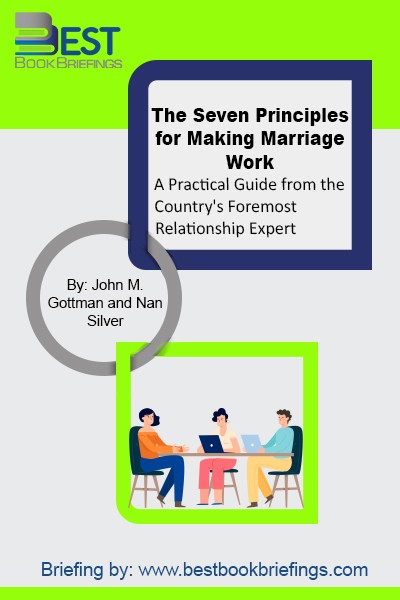The Seven Principles for Making Marriage Work
A Practical Guide from the Country's Foremost Relationship Expert
Editorial Review
When we sat down to write the first edition of this book, we were excited to share the results of laboratory research into relationships but we knew we'd face some skepticism. Could scientific study of something as intangible, idiosyncratic, and personal as marriage relations deliver useful advice to couples in the real world? Our goal was nothing more ambitious than to uncover the truth about marriage–to finally answer the questions that have puzzled people for so long: Why is marriage so tough at times? Why do some lifelong relationships click, while others just tick away like a time bomb? And how can you prevent a marriage from going bad, or rescue one that is already in trouble? Thanks to decades of research, these questions can finally be answered.
Book Reviews
Books on Related Topics
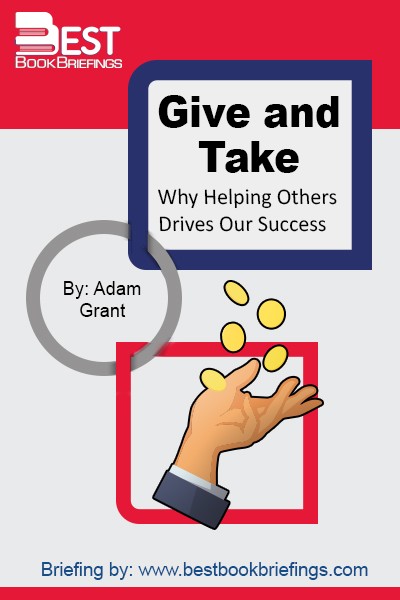
According to conventional wisdom, highly successful people have three things in common: motivation, ability, and opportunity. Here is a fourth ingredient that’s critical but often neglected: success depends heavily on how we approach our interactions with other people. Every time we interact with another person at work, we have a choice
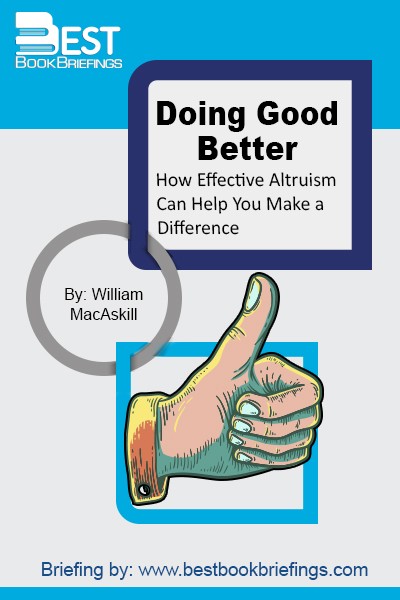
Most people want to make a difference in their lives and you’re probably no exception. However, good intentions can all too easily lead to bad outcomes. The challenge for us is: When we try to help others, how can we ensure that we do so as effectively as possible? How can

Fragments of a Great Secret have been found in the oral traditions, in literature, in religions and philosophies throughout the centuries. For the first time, all the pieces of The Secret come together in an incredible revelation that will be life-transforming for all who experience it. In this book, you'll learn how
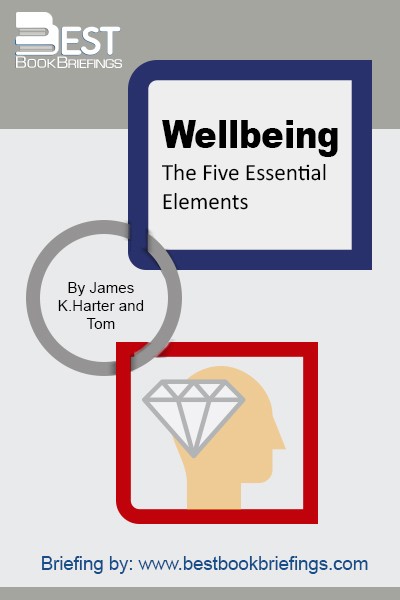
Wellbeing isn’t just about being happy, wealthy or successful. And it’s not limited to physical health and wellness. Wellbeing is all the things that are important to how we think about and experience our lives. It is about a combination of our love for what we do each day, the quality of
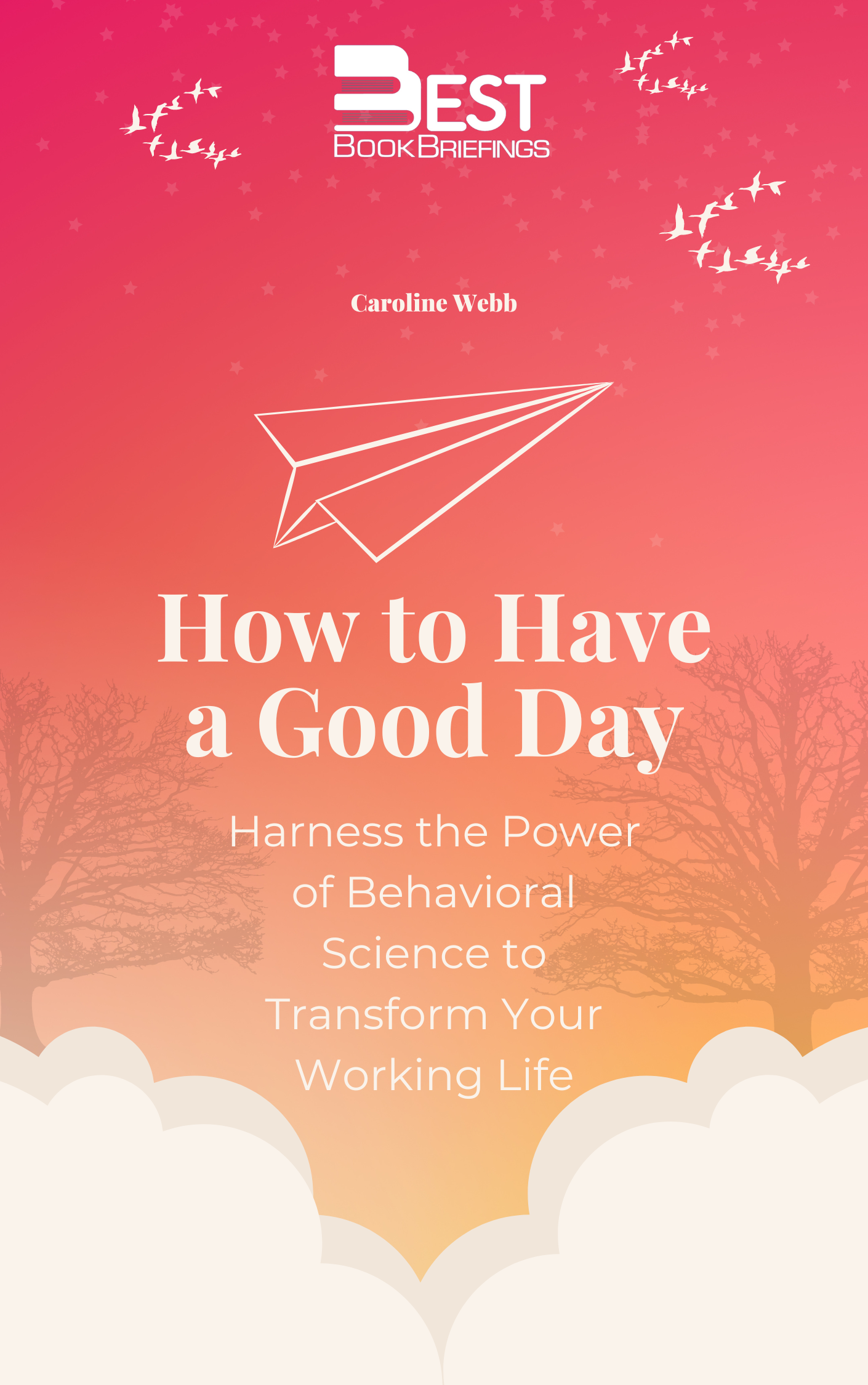
In How to Have a Good Day, Webb explains exactly how to apply science to our daily tasks and routines. She translates three big scientific ideas into step-by-step guidance that shows us how to set better priorities, make our time go further, ace every interaction, be our smartest selves, strengthen our personal

